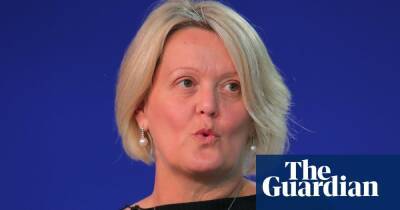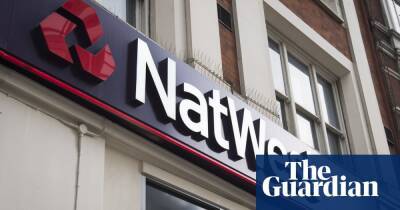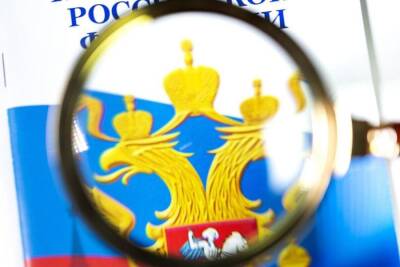NatWest: the bailed-out bank that’s become an economic bellwether
It has taken 14 years but a minor miracle is about to happen, probably within months: the state’s stake in NatWest will fall below 50%. We will no longer have to refer to the former Royal Bank of Scotland as “majority owned” by the government. Hallelujah.
NatWest’s full-year figures for 2021, to be announced on Friday, won’t in themselves trigger further disposals of government-owned shares, but they should confirm that the climate is ripe to continue a sell-down programme that has been buzzing along in the background for the past year.
At the start of 2021, the state’s ownership, managed by UK Government Investments, was 62%. Now it is roughly 52%, with the reduction coming via three means. First, sales back to NatWest itself. Second, sales to other investors via a “book-build” placement process. Third, a “trading plan” unveiled last July that drip-feeds shares into the market and avoids the inevitable small discount that has to be conceded in a lumpy placement.
The only effective limitation on these bit-by-bit methods is the standard one about prices having to represent “value for money for taxpayers”. That is not currently an impediment because chancellors long ago accepted that the public purse was never going to recoup the full £46bn pumped into RBS during the depths of the 2008-09 banking crisis.
Some £1.1bn was raised by selling a chunk of shares at 190.5p last March, and the same again in May at almost exactly the same price. Since then, NatWest’s share price – in common with most banks’ – has improved very nicely. The closing price at the end of last week was 253p. There is every reason for the government to keep dribbling shares into the market.
The main interest for other shareholders in this Friday’s report is
Read more on theguardian.com

















